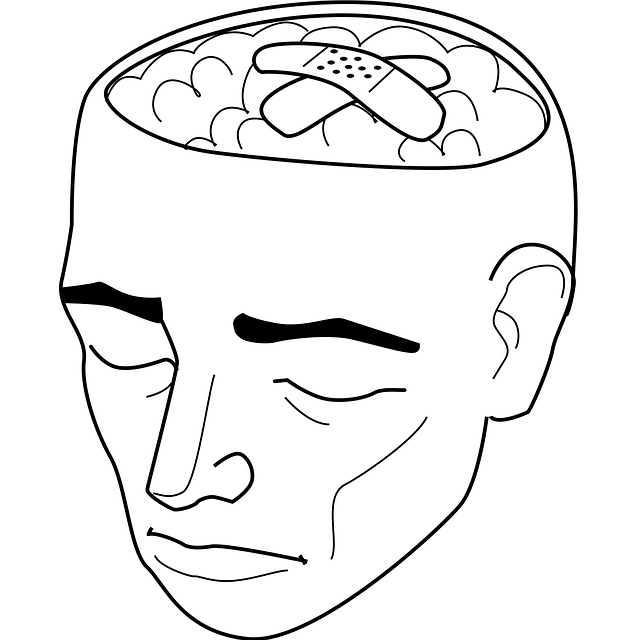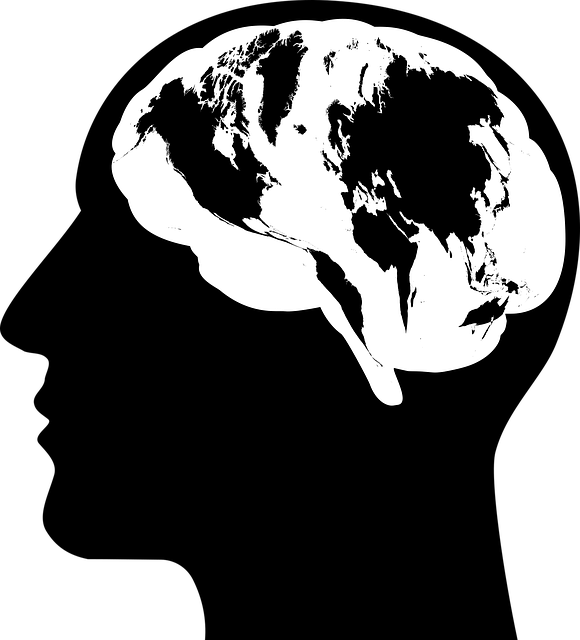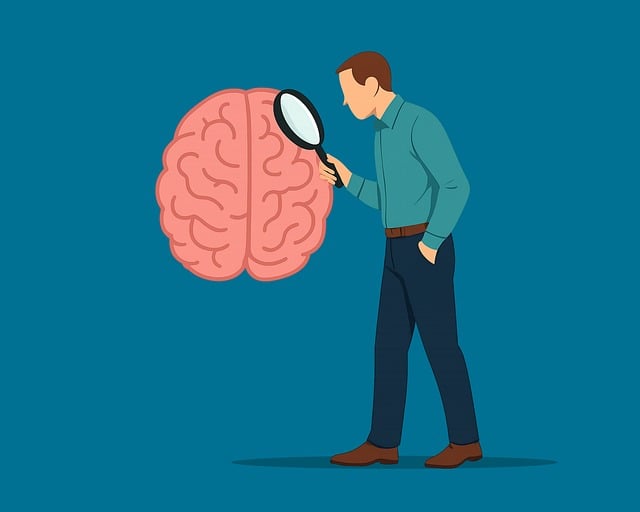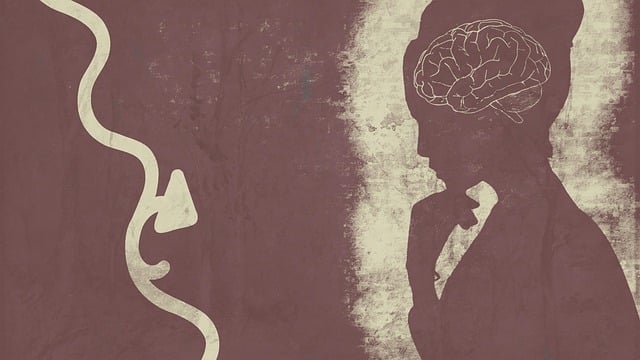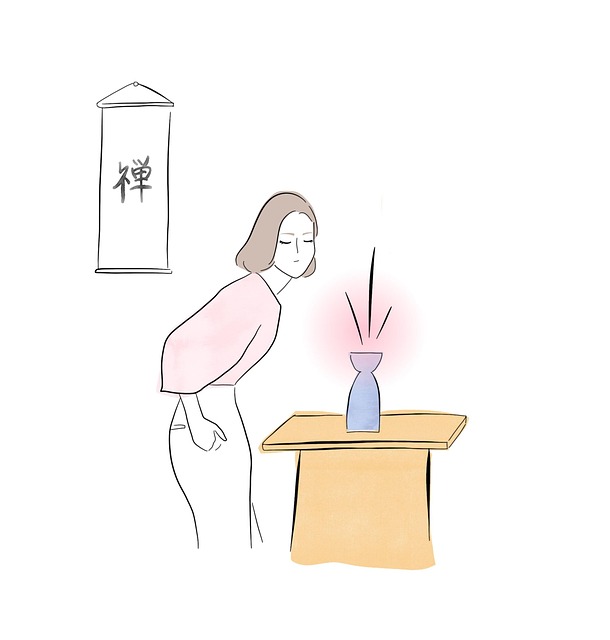Cultural sensitivity in mental healthcare, particularly within Englewood Bipolar Disorder Therapy, is key to successful treatment of conditions like bipolar disorder, which manifest differently across diverse cultural backgrounds. Professionals must overcome language barriers and unconscious biases by engaging with patients' stories, incorporating culture-specific techniques, and building confidence. This approach enhances therapy outcomes, fosters trust, and respects individual cultural identities, making BDT more inclusive and effective for Englewood's vibrant community.
“Cultural sensitivity is a cornerstone of modern mental healthcare, especially in treating complex conditions like bipolar disorder. This article explores the intricate relationship between cultural competency and effective therapy, delving into strategies for practitioners to navigate diverse communities with empathy. We discuss how understanding cultural nuances can revolutionize care, particularly in Englewood, where access to bipolar disorder therapy has historically been limited. By embracing cultural sensitivity, healthcare professionals can foster meaningful connections and significantly enhance treatment outcomes.”
- Understanding Cultural Sensitivity in Mental Healthcare
- Engaging Diverse Communities for Effective Therapy
- Challenges and Strategies for Culturally Competent Practice
- The Role of Cultural Sensitivity in Treating Bipolar Disorder
Understanding Cultural Sensitivity in Mental Healthcare

Cultural sensitivity in mental healthcare is an essential aspect that cannot be overlooked when providing effective treatment. It involves recognizing and appreciating the diverse cultural backgrounds, beliefs, and values of individuals seeking therapy. In a city like Englewood, where there’s a rich tapestry of cultures, understanding these nuances becomes even more critical for practitioners. For instance, when treating someone with bipolar disorder, a mental health professional must be sensitive to the unique experiences and challenges that cultural factors might present, ensuring tailored support.
Englewood Bipolar Disorder Therapy requires professionals to adapt their communication strategies, considering language barriers and different expressions of emotion across cultures. Mental health awareness is enhanced when practitioners employ trauma-support services, especially in communities with a history of systemic issues or unique social challenges. Effective treatment plans not only consider the symptoms but also integrate cultural sensitivity to foster meaningful connections, improve therapy outcomes, and create a safe, inclusive environment for all clients.
Engaging Diverse Communities for Effective Therapy

Engaging diverse communities, especially those with unique cultural backgrounds, is a pivotal aspect of effective therapy. When mental healthcare professionals strive to understand and connect with individuals from different ethnicities, religions, or socioeconomic statuses, it fosters a deeper level of trust and openness. This is particularly crucial when addressing conditions like bipolar disorder, which can manifest and be experienced differently across cultures. For instance, what triggers a manic episode in one person might vary greatly in another, influenced by their cultural context and environment.
By incorporating self-awareness exercises and mind over matter principles tailored to these communities, therapists can create a safe and inclusive space. This approach not only enhances the therapeutic process but also ensures risk management planning for mental health professionals is culturally competent. It allows practitioners to navigate complex issues, such as language barriers or unconscious biases, effectively, ultimately leading to better outcomes for clients seeking treatment for bipolar disorder or other cultural nuances in mental health care.
Challenges and Strategies for Culturally Competent Practice

Cultural sensitivity is a cornerstone of effective mental healthcare practice, especially when treating conditions like bipolar disorder in diverse populations. One of the primary challenges lies in overcoming communication barriers and understanding cultural nuances that can significantly impact how individuals experience and express their mental health struggles. For instance, cultural beliefs about mental illness may differ vastly, influencing help-seeking behaviors and expectations from therapy.
To foster culturally competent practice, therapists must employ strategies such as actively listening to patients’ stories, incorporating positive thinking techniques tailored to individual cultures, and focusing on building confidence. These approaches not only enhance the therapeutic alliance but also enable professionals to offer evidence-based treatments that address not just symptoms but also cultural contextual factors. For example, in treating Englewood bipolar disorder, therapists can integrate stress management strategies that respect and incorporate patients’ cultural identities, ensuring more inclusive and effective care.
The Role of Cultural Sensitivity in Treating Bipolar Disorder

Cultural sensitivity is a cornerstone in treating bipolar disorder, a mental health condition characterized by extreme mood swings. In Englewood, where cultural diversity thrives, understanding and incorporating cultural nuances into Bipolar Disorder Therapy (BDT) can significantly enhance patient outcomes. Many individuals from diverse backgrounds may face unique challenges related to stigma, language barriers, or differing perceptions of mental illness, which can hinder effective treatment.
Healers who integrate Self-Awareness Exercises and Mind Over Matter Principles, tailored to respect individual cultural contexts, foster trust and open communication. Mental Health Education Programs Design that considers these contextual factors can empower patients to manage their symptoms while embracing their cultural identities. By doing so, BDT becomes more inclusive and effective, addressing the specific needs of Englewood’s vibrant community.
Cultural sensitivity is an indispensable aspect of mental healthcare, especially when addressing disorders like bipolar disorder. By engaging diverse communities and adopting culturally competent practices, therapists can significantly enhance treatment outcomes. As highlighted in this article, understanding cultural nuances, overcoming challenges, and tailoring therapy to individual needs, particularly in areas like Englewood Bipolar Disorder Therapy, ensures a more inclusive and effective approach. Embracing cultural sensitivity is not just a professional responsibility but a key to unlocking the potential for healing and recovery.
